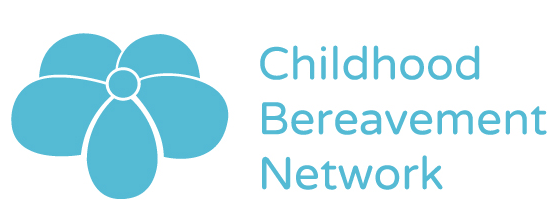Life insurance

The point of including a section on insurance in our Plan If suggestions is the importance for children and young people, when a parent has died, of experiencing as few other disruptive changes as possible. The key question to ask is ‘if I were to die tomorrow, could my family afford to stay on in this house, with the children going to the same school and doing most of the things they like to do?’
Without insurance, your family may find that they have little to live on if you were to die; this can be particularly true if you are the main or sole wage earner and if your mortgage or rental payments are dependent on your salary. It is also especially relevant for single parents.
If you have insurance already, or have a vague idea that you may have insurance already, it is absolutely crucial to check now that it will cover all you hope it would cover if you should die unexpectedly.
One of the main reasons, we are told, for families being in financial difficulties after a parent has died has been the assumptions that ‘I think it’s covered through work’ or ‘I took something out with the mortgage, I think’. This is a time to take a deep breath, take up pen and paper and work out what your family would need to maintain their current lifestyle if you were to die. Then actually check that you have those arrangements in place: the links below may help as prompts.
A good place to start is by looking at the advice given on the independent website, offering free and impartial advice and set up by government, called the Money Advice Service. This is a good starting page, specifically around various forms of life insurance.
The next important step, if you are in paid work, is to check what arrangements your employer has for death in service payments.
Most (well, just over half of) firms offer a ‘death in service’ benefit, usually as part of a pension scheme. This is a lump sum, usually tax-free, normally paid to a person nominated by you in the event you die while working for that employer. This arrangement ends when the employment ends. As part of your Plan If, check that you have nominated someone to receive this and then make a note that this arrangement exists. The scheme is not obliged to follow your wishes (if, for example, you have nominated a non-dependent but you have dependent children) but will in almost all cases.
Again, have in the back of your mind the question ‘is this actually enough?’ Most employers offer a payment of around 2 years' salary: that is not going to be anywhere near enough to cover housing costs let alone protect your family’s lifestyle in the future.
Here are some links to information in the Money Advice Service ‘insurance’ section:
Do you need insurance? (includes information on protecting mortgage payments)
Do you need Income Protection insurance?
Do you need Critical Illness insurance?
The site also has advice guides on how to choose the right policy and sufficient cover for your particular family and circumstances here.
And a guide on how and where to buy online, including a guide to comparison sites here.



